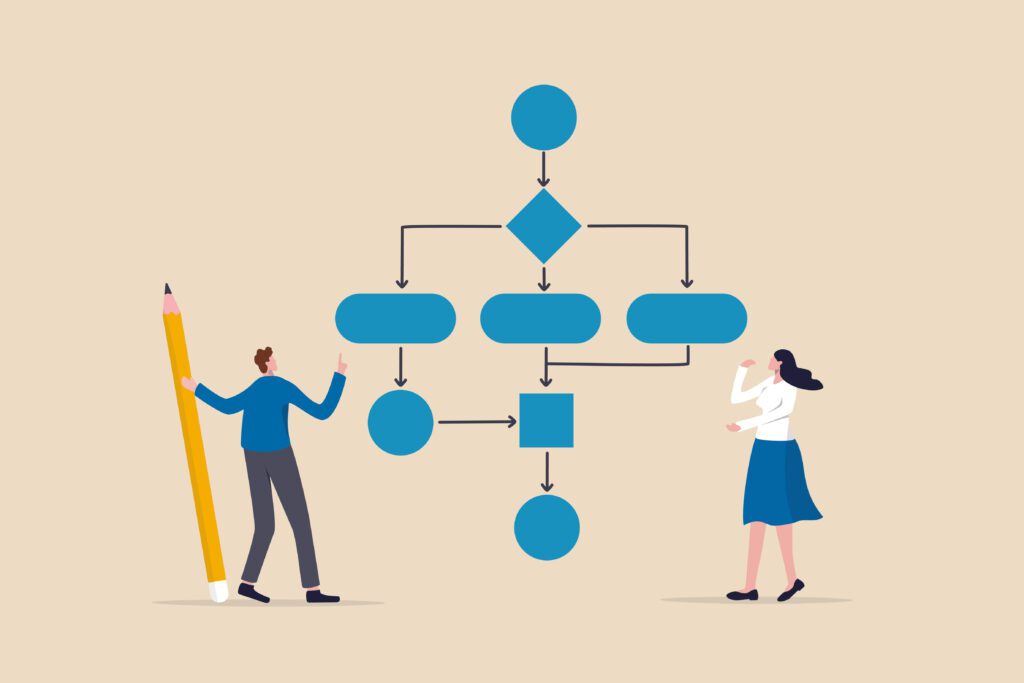December 5, 2024


Attracting and retaining top-tier talent is a continuous challenge for businesses of all sizes. But how do small companies distinguish themselves in an environment where large corporations allure with unmatched perks? The answer often lies in a well-crafted employee benefits programme.
While salary remains a primary consideration for many, an employer’s additional perks and benefits can significantly influence an employee's decision to join or stay with a company.
We explore employee benefits’ crucial role in business success, particularly for small enterprises. We will cover what employee benefits are, their impact on attracting talent, and how to design a benefits package that meets the needs of your staff while staying within budget. By the end of this article, HR professionals and small business owners will have actionable insights and strategies to enhance employee engagement and business success through tailored benefit programmes.

Understanding the Role of Employee Benefits
Employee benefits, often referred to as perks, are non-wage compensations provided to employees in addition to their regular salaries. These benefits can range from health insurance and retirement schemes to lifestyle savings and wellness programmes. For both employees and employers, these benefits represent much more than just financial incentives.
For employees, benefits contribute to overall job satisfaction and work-life balance. Health benefits like insurance or a Health Cash Plan ensure that they can manage their medical expenses without stress. Meanwhile, lifestyle savings help employees save money on everyday costs, thus improving their quality of life.
For employers, benefits play a critical role in building a positive company culture. They demonstrate a commitment to employees' well-being and satisfaction. This, in turn, can lead to increased loyalty, reduced turnover rates, and a more engaged workforce.
Therefore, understanding the significance of employee benefits is essential for businesses aiming to foster a thriving work environment.
The Impact of Employee Benefits on Small Businesses
While large corporations may have extensive resources to offer extravagant perks, small businesses can still compete by designing thoughtful and meaningful benefits packages. Offering employee perks can be a game-changer for small businesses, enabling them to attract and retain talented individuals who may otherwise be drawn to larger organisations.
A well-designed benefits programme helps small businesses differentiate themselves in the job market. It sends a strong message that the company values its employees and is invested in their success and well-being. By providing unique and tailored benefits, small businesses can attract candidates who are specifically looking for a supportive and personalised work environment.
Furthermore, employee benefits can significantly enhance retention rates. When employees feel valued and taken care of, they are more likely to stay with the company for the long term. This reduces hiring costs and maintains continuity within teams. In a small business, where each team member plays a critical role, retaining skilled employees is vital for continued growth and success.


Designing an Effective Employee Benefits Programme
Creating a benefits package that aligns with both employee needs and the business budget requires careful planning and consideration. Here are some strategies to help small business owners and HR professionals design an effective employee benefits programme:
- Understand Employee Needs: Conduct surveys or focus groups to gather input from employees about the benefits they value most. This ensures that the benefits offered align with their expectations and preferences.
- Prioritise Essential Benefits: Focus on providing fundamental benefits such as health insurance, retirement plans, and holiday leave. These are often key factors in attracting and retaining employees.
- Add Customisation Options: Offer flexibility by allowing employees to choose from a selection of benefits that best suit their individual needs. This could include options like remote work arrangements, gym memberships, or family-friendly policies.
By prioritising employee needs, businesses can create a benefits programme that not only attracts talent but also fosters a culture of engagement and loyalty.
The Importance of Communicating Employee Benefits
Simply offering a comprehensive benefits package is not enough; effective communication is key to ensuring employees understand and appreciate the value of these benefits. Transparent and clear communication builds trust and helps employees make informed decisions about their compensation.
Update employees regularly about the benefits available to them and any changes or enhancements to the programme. This can be done through various channels such as email, intranet portals, or team meetings. Providing easy access to information empowers employees to take full advantage of their benefits.
Additionally, consider offering workshops or informational sessions to explain complex benefits, such as retirement plans or health insurance options. This proactive approach helps employees maximise their benefits and demonstrates the company's commitment to their well-being.


Measuring the Success of Your Employee Benefits Programme
To ensure that your employee benefits programme is achieving its intended goals, it's important to establish metrics and indicators to assess its impact and effectiveness:
- Employee Satisfaction Surveys: Regular surveys can provide valuable insights into how employees perceive the benefits offered and whether they meet their needs.
- Retention Rates: Monitor employee turnover rates to determine if the benefits programme is contributing to higher retention and job satisfaction.
- Utilisation Rates: Analyse the usage of specific benefits to understand which offerings are most popular and where adjustments may be needed.
By measuring these key metrics, businesses can continuously refine their benefits programme to serve their employees better and support overall business objectives and continue to tweak and adjust their personalised employee benefits programme through a platform such as Terryberry’s Be Platform.
Summary
A well-designed employee benefits programme is essential to a successful business strategy. It attracts and retains top talent and fosters a culture of engagement and loyalty among employees. For small businesses, offering meaningful benefits can be a powerful tool to compete with larger corporations and build a dedicated workforce.
By understanding the role of employee benefits, designing a tailored programme, and effectively communicating its value, businesses can create an environment where employees feel valued and supported. This, in turn, leads to improved business performance and long-term success.
If you're ready to take your employee benefits programme to the next level, consider consulting with our experts at Terryberry who can help customise a package that aligns with your business goals and employee needs.
Contact us today and start building a benefits programme that sets your business apart.